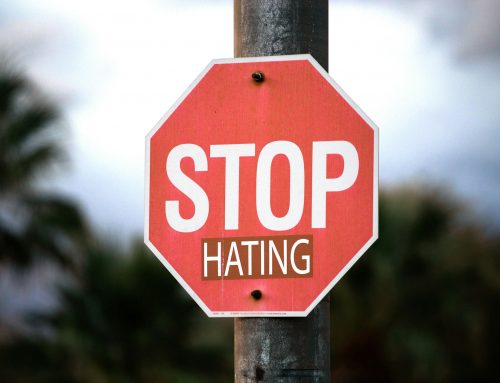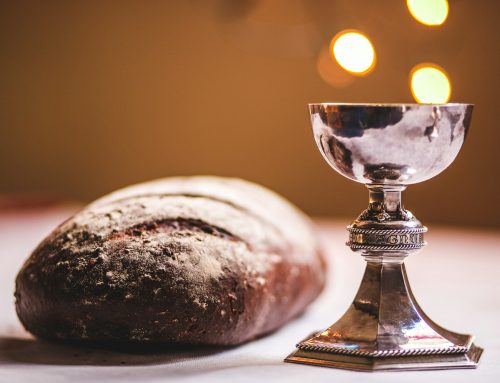It sure is easy to mock the Pharisees. When we see it in black and white on the page, it is so clear to us. The Pharisees are the “bad guys” of the story. They have all the access to religious knowledge. They know the Scriptures. And yet somehow, they miss the point so badly that they plot to kill Jesus!
And while it’s easy to point a finger at their blind spots, it’s stunningly difficult to do the same for our own. After all, the Pharisees were religious people who were very concerned with maintaining the religious purity of their people.
They certainly didn’t start out as bad people. And even in Jesus’ time, there were likely many of them who were quite sincere in their beliefs.
Yet somewhere along the line, their desire for “purity” caused them to miss the point.
While it’s easy to point at them, we do the same thing today.
Culture Wars & Religious “Purity”
Why do well-meaning groups of religious people fall into this trap of obsessing over “purity” instead of being continually captivated by God?
The answer is more complex than I have space to explore. However, I believe a lot of it comes down to how easy it is to judge ourselves and others by the outward “trappings” of religious life, since it’s so impossible to know what’s really on the inside.
It’s easier to change comparatively little things like what kind of movies we watch than it is to change whether or not we hold onto grudges.
A sermon I heard a few months ago really shocked me. The pastor went to great lengths to describe a frozen lemonade drink served in a cup that looked like one you’d get an alcoholic drink in. He shared about how embarrassed and convicted he felt while drinking something that looked like alcohol.
But in the same sermon, he praised the creative ways a country could hide and use explosives in warfare. I was shocked that the violence wasn’t just condoned, but seemingly celebrated, especially when there was so much conviction concerning a frozen lemonade.
Am I Condoning Sin?
I know that some on the extreme ends of the culture wars may read this and wonder if that means I don’t think that sin is real. By no means!
Sin poisons our hearts and our relationships, both with each other and with our God. However, I wholeheartedly believe that we’ve come to call some things sin that God does not consider a sin. While we may have great justification for carrying out personal convictions, applying those choices as blanket statements on morality for everyone isn’t right, either.
A Matter of Heart
It comes down to our need for real transformation. We cannot be “pure” before God when we’re pulling ourselves up by our bootstraps and trying to force our sinful hearts into religious clothes. True purity comes when God has so transformed our hearts that the natural and uncontrollable result is deeper love for God and neighbor.
When we obsess over making sure we keep the impure things out of our religion, we push out people and things that God has made pure. The only way to remain in the center of God’s will, doing God’s work, is by continually seeking God’s heart.
I fear that we are in a place where we’ve drawn lines, making the same mistakes as the Pharisees. We’ve been blinded by our own ways of doing “religion” that we’ve forgotten our First Love: Christ. May we turn back to that love so future generations will not look on us the same way we look on the Pharisees.




Leave A Comment